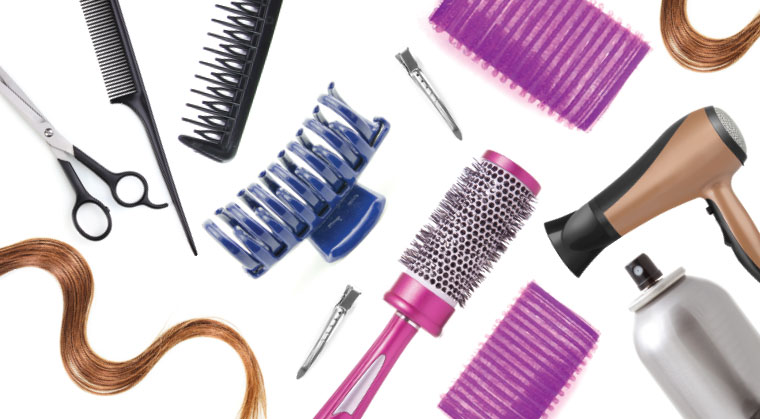Physician Assistant


I don’t have an office; I work in the emergency room half the month and the hospital-medicine floor the other half and I’m always on the run. What I always have are comfortable shoes and power bars — and my cell phone so I can keep up with my little one’s adventures while I’m at work
A bby Mehler 28 is an emergency room and hospitalist physician assistant at the University of Colorado Hospital in Denver. She’s been practicing for five years.
Some people think being a PA is the way to sort of be a doctor but with much less school; I always tell them
the “much-less-school” aspect impacts the practice of course but a PA won’t get by with a “much-less-knowledge” excuse! As a PA after you complete three years of school you’re done; and you jump right in and begin practicing unlike MDs who after four years of school have three to five years of residency.
I completed a one-year fellowship in hospital medicine at the University of Colorado after school — this additional year of training helped mold me into a more knowledgeable and capable PA — and I continue to push myself. I often study during free time make sure to attend Continuing Medical Education courses ask questions and work in environments where I’ll handle complex medical cases.
I always wanted to practice medicine. I shadowed doctors when I was still in middle school! As I got older I was intrigued by the PAs I met — their autonomy vast knowledge base and quality of work-life balance.

And unlike physicians who choose a residency in a specific field of medicine and can only practice within that field PAs can practice in several fields; that’s something about the profession that really appealed to me.
The most useful thing I learned in school was
when we did rotations. I was in Touro in Manhattan and we learned so much in class yet then seeing that what we’re learning isn’t just about charts and numbers and symptoms but actually about applying that knowledge to patients who are suffering and coming to you for help left a big impression on me.
Three things I always keep in my office drawer
I don’t have an office; I work in the emergency room half the month and the hospital-medicine floor the other half and I’m always on the run. What I always have are comfortable shoes and power bars — and my cell phone so I can keep up with my little one’s adventures while I’m at work.
The most memorable case I ever saw
was a patient exactly my age 26 who was really sick. She came in for increasing headaches and I ordered an MRI because she had a history of metastatic melanoma. I just looked at her lying in bed and thought “You’re my exact age. Here I am married and expecting a baby and living my normal life and I have to tell you your MRI showed that it’s in your brain.” Seeing young healthy people hit with illness is humbling and terrifying and a real reminder that health is in G-d’s hands.
To maximize a medical visit you should always
bring two things: One a list of questions with a pen to take notes; medical providers talk fast so it helps to come prepared with what you want answered and not leave until you have clarity. Two someone who can ask questions for you. Being a patient is overwhelming and stressful plus you might feel too sick to focus and you don’t always understand what the doctor nurse or PA is saying. As someone who’s been both a patient and provider I know the importance of having someone who can stay calm and advocate on your behalf. (Excerpted from Family First Issue 551)
Oops! We could not locate your form.







